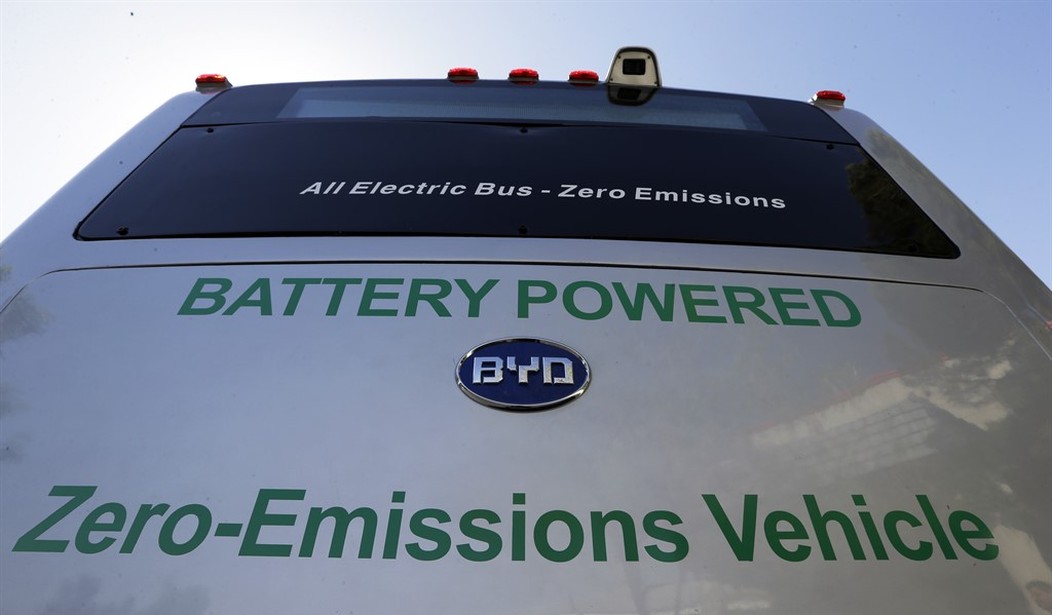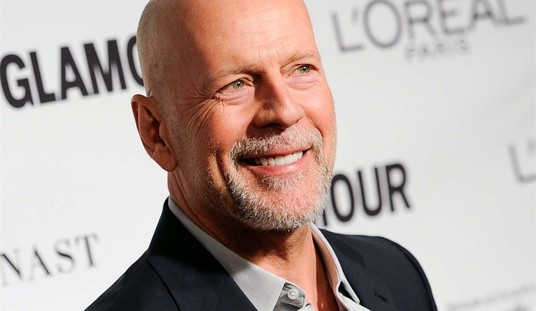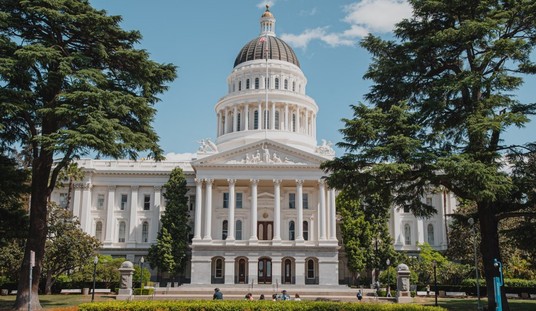You really can't make this stuff up.
It sure seems like the government at every level is happy to pour money into electric vehicles. It sure seems like, too much of the time, their efforts are for naught. Asheville, North Carolina is the latest city to learn this lesson when they spent millions on electric city buses that won't run.
The city of Asheville, North Carolina, shelled out millions of dollars in 2018 to add five electric buses to its fleet. Now, three of the five sit idle, and city employees are telling the cautionary tale.
Asheville's interim transportation director, Jessica Morriss, told local station WLOS-TV that the three out-of-commission buses are down due to a combination of software issues and mechanical problems, and one has had a broken door since July that can't be replaced."We haven’t been able to get new doors," Morriss told the outlet. "There's no third party that makes a door. We'd have to get custom-made doors."
Part of the issue is that the company that made the electric buses, Proterra, filed for bankruptcy in August. According to the News & Observer, Proterra's operations are still shut down. The company was recently purchased by Phoenix Motor, but it is unclear when parts and services for Proterra buses will be available.
"The last couple of years have been particularly difficult," Morriss said. "We don’t see an end in sight."
Honestly, they bought buses from a company that went bankrupt, and now they can't get parts?
The end in sight could well be having the city buy some Diesel buses. If there's one thing Asheville should have learned from all this — and which American companies and drivers are learning — all-electric vehicles just are not ready for prime time.
See Related: Ford Slashes Electric Truck Production, Because Nobody Wants Them
Electric Vehicles Enter the 'Total Failure' Phase of Their Existence
Here's the really outrageous bit: The price tag.
In the meantime, Asheville is staring down losses from a major investment. Morriss told WLOS that each bus cost at least $616,000, and the city had to spend another $200,000 for the installation of each charger, another $118,000 every year to lease batteries for the buses, and nearly $45,500 annually in electric costs to charge them.
She also noted that maintenance costs for the electric buses have topped $250,000. At the same time, having most of the electric buses out of operation has increased wear and tear on the rest of the 32 buses in the fleet, which either run on biodiesel or are hybrid models.
Were I a taxpayer in Asheville, I'd be livid. They didn't even have the infrastructure in place before forking over for these non-functioning buses.
See Related: Where Are All Those EV Chargers Congress Spent Billions on in 2021?
The balance of Asheville's bus fleet is either hybrid or bio-diesel powered, which makes a certain amount more sense than all-electric buses that don't run. At least the hybrid and bio-diesel machines are, you know, mobile.
If an executive or manager in a private corporation decided to purchase these buses, that person would have been unemployed in short order. That's how it should be. But Jessica Morriss still has her job (to be fair, it's unclear as to whether she was involved in this decision or not), and it's certain that nobody who proposed, planned, or carried out this debacle will ever face any consequences for wasting millions of the Asheville taxpayers' dollars. That's the problem when the government at any level gets involved in things that would be best left to the private sector: There never are any consequences for screwing up.
If Asheville wants a lasting solution to this Charlie-Foxtrot, then they should announce that the city is taking bids for private companies to run the city bus services for a profit, and then make sure that the winner of the contract is left alone to run things as they see fit. It won't be perfect — nothing involving humans is — but it could scarcely be worse than spending millions on green tech that doesn't work.














Join the conversation as a VIP Member